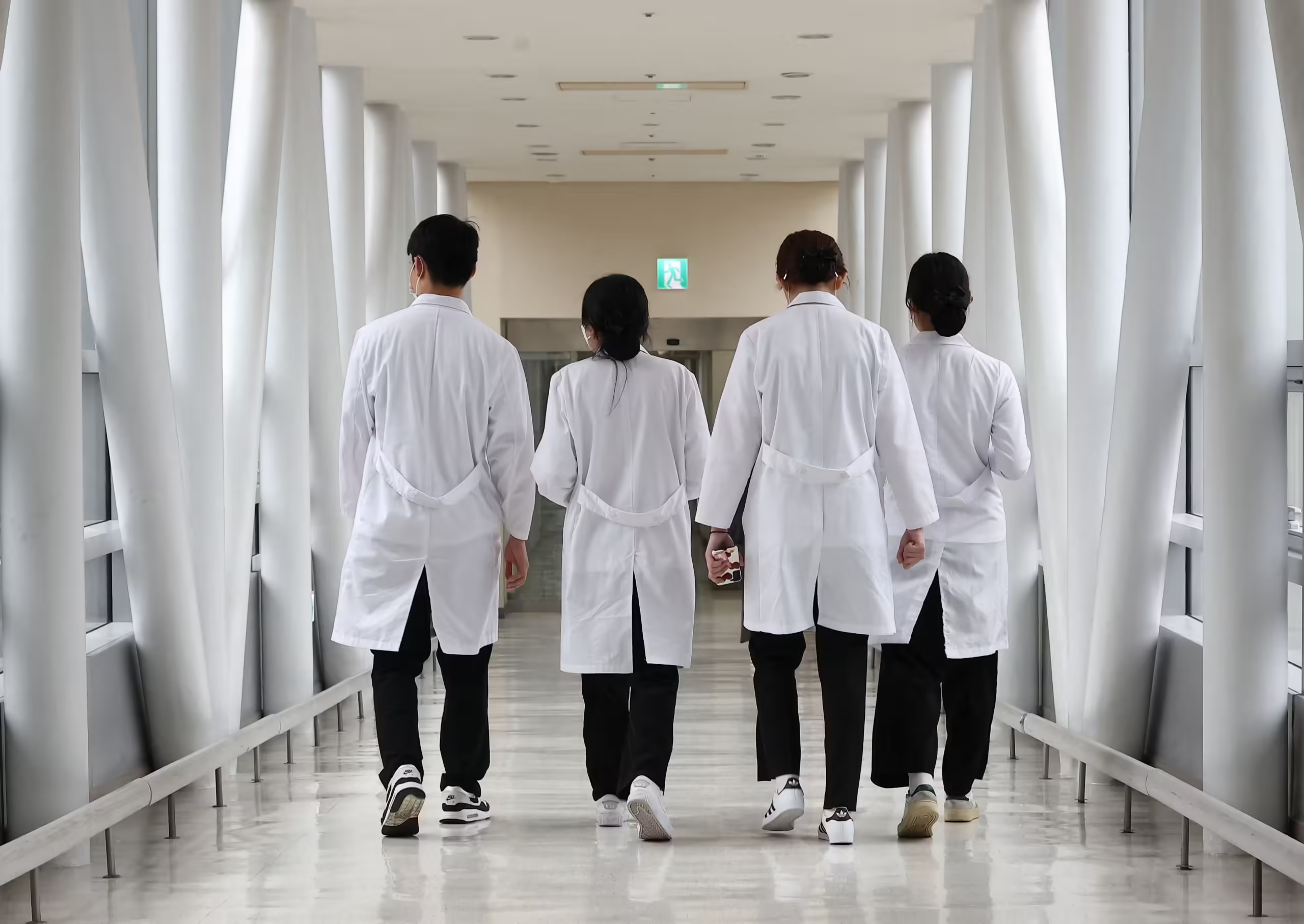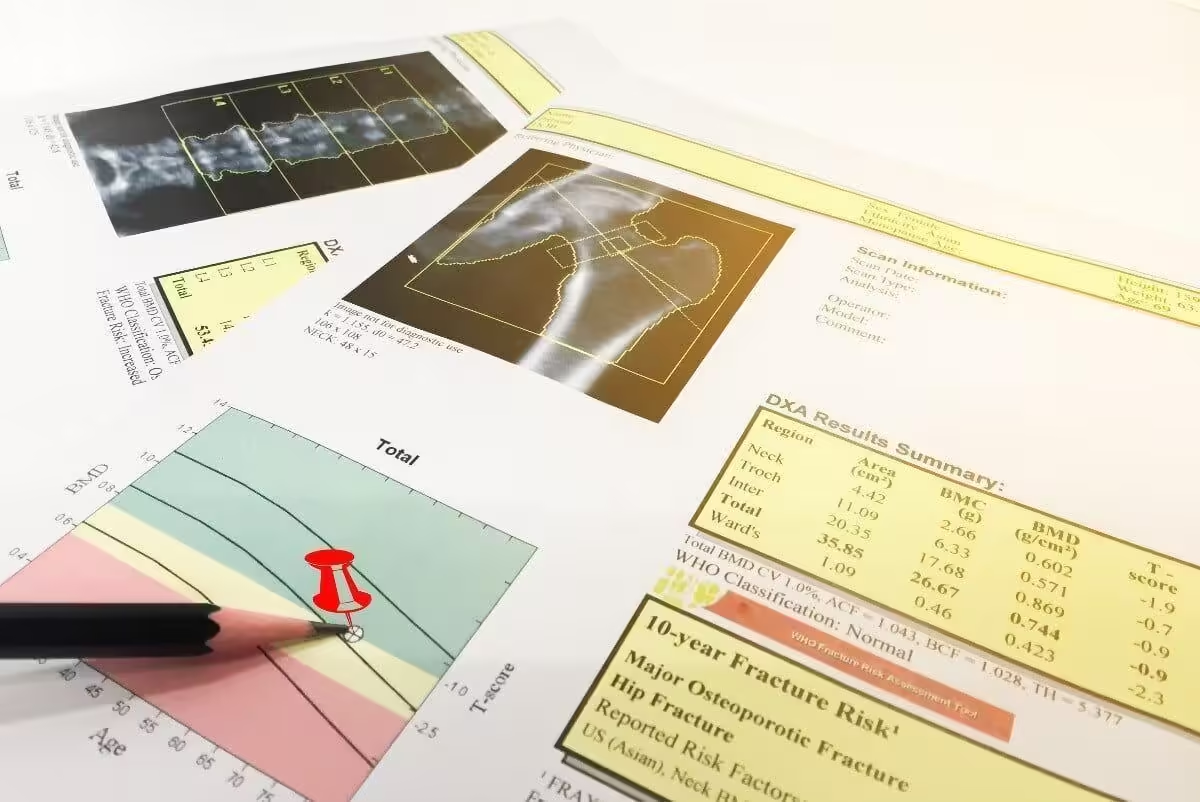South Korea will allocate 10 trillion won ($7.59 billion) from its health insurance funds over the next three years to raise fees for doctors treating severe illnesses, the health ministry announced on Friday. This move comes as the country grapples with a walkout by thousands of trainee doctors, which has strained the health system.
The plan aims to incentivize major general hospitals to focus more on treating severe, emergency, and rare diseases. By increasing doctor fees, the government hopes to reduce hospitals’ reliance on trainee doctors, allowing them to concentrate on their training.
Trainee doctors, including interns and residents, began striking in February, protesting against the government’s proposal to increase medical student numbers by 2,000 annually to address a projected shortage of doctors. The strike has forced hospitals to reduce services, particularly in emergency rooms, while existing doctors face heavier workloads.
To ease the pressure, the government has deployed military doctors and asked the public to avoid emergency rooms for non-severe cases. As part of the new funding plan, hospitals providing specialized care will see a 50% increase in fees for running intensive care units and performing surgeries for severe conditions like cancer. The health ministry aims for 70% of treatment at these hospitals to be for severe illnesses, up from the current 50%.



